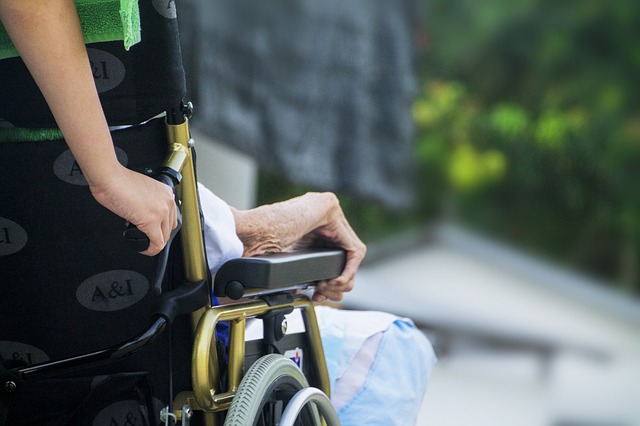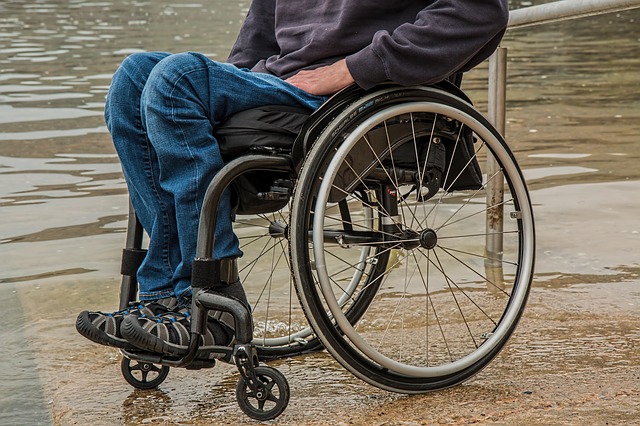Each year, 1 in 5 nursing home residents in the United States are abused. This is a shocking statistic, especially when you consider that many cases go unreported. Some elder abuse cases lead to serious injury or death, and this is why, if you are worried about a loved one, it is imperative you contact a nursing home attorney like Garcia Law. If you’re wondering what exactly constitutes nursing home abuse, keep reading for a list.
Physical Abuse
When physical force is used to cause harm, this constitutes physical abuse. This can include biting, shoving, scratching, hitting, or using inappropriate force to restrain a victim, and can come from a doctor, nurse, caregiver, acquaintance, or even a family member. Physical abuse tends to be the clearest form of abuse to notice, and thus is the easiest to prosecute. If you have a feeling your loved one is being physically abused, look out for things like abrasions, burns, multicolored bruises, hair or tooth loss, and broken bones or fractures. Your loved one may also complain of pain if they have suffered an internal injury.
Emotional Abuse
When a victim experiences emotional distress that has been caused by someone who is supposed to be caring for them, this is considered emotional abuse. This type of abuse is often harder to identify, with there not being any physical signs. However, if your loved one has started acting withdrawn, depressed or shy, this could be a warning sign. Other things to look out for are your loved one being unable to call or talk to you, avoiding eye contact when you do visit, and changes in their sleeping or eating patterns.
Sexual Abuse
Sexual abuse refers to non-consensual non-sexual activity. Around 83% of elder sexual abuse victims live in nursing homes, and in 80% of these cases, the caregiver is the abuser. The abuse may involve tricking or coercing the victim into unwanted sexual contact, and it often happens to elderly people who have memory difficulties, as well as those who are unable to communicate clearly. The main warning signs to look out for are sexually transmitted infections, difficulty walking or sitting, bruising around the genital area and on the thighs, feelings of agitation and acting withdrawn, and displays of inappropriate or unusual behavior.
Financial Abuse
Otherwise known as material exploitation or financial exploitation, financial abuse involves illegally using another person’s money, assets or property. In many cases, the victims of financial abuse are unaware of any problem until a family member suspects abuse, so this is something to keep an eye on. Examples of financial abuse can involve encouraging an elderly person to change their will, forging the signature on checks or documents, stealing an elder’s possessions or money, and abusing power of attorney. If you notice additional names on your loved one’s bank card, sudden changes in their funds or banking activity, your loved one living below their means, frequent checks being written to caregivers or personal belongings missing from your loved one’s home or room, it is wise to suspect elder abuse.
While it may be difficult, taking action against elder abuse is important. This article should help you to spot the most common signs.

